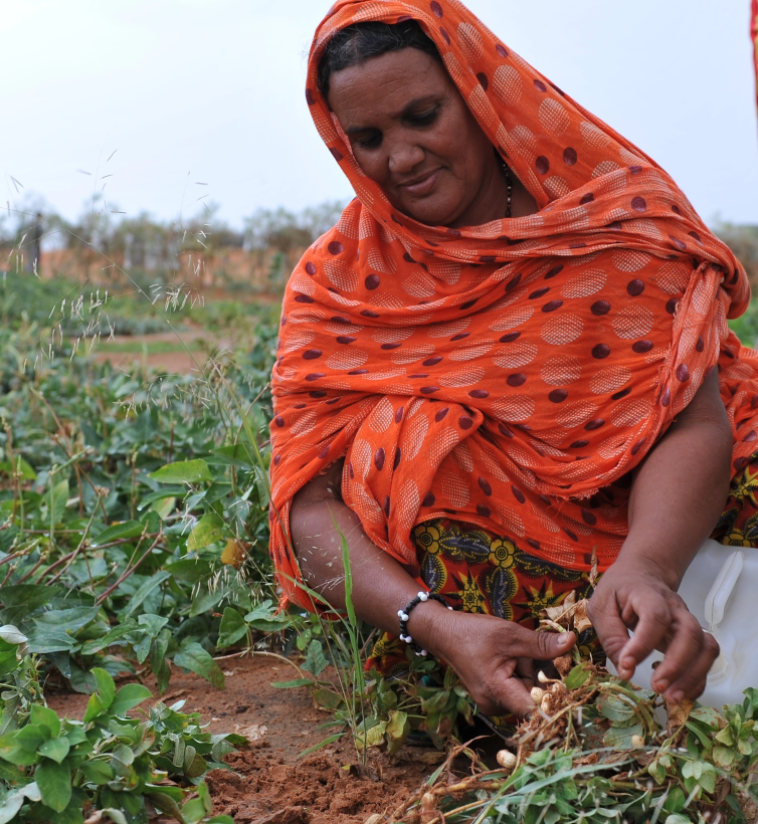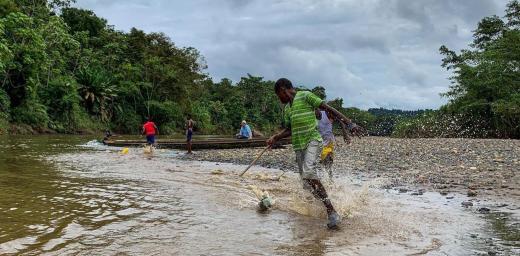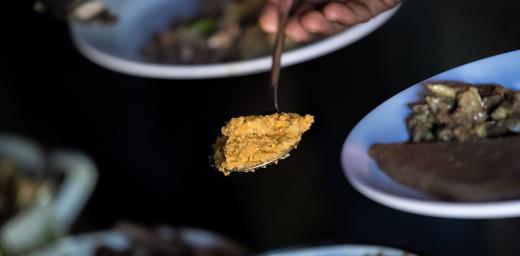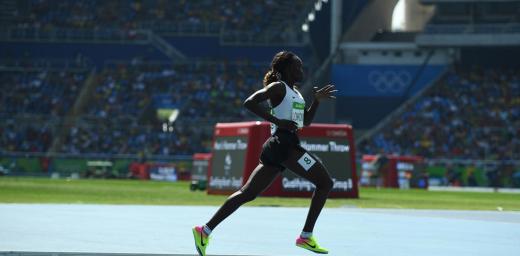
Mauritania
Closed Country Program
North Africa currently is the most affected region in the continent. While neighboring Algeria, Morocco and Senegal are among the most affected countries, there are only a few cases reported in Mauritania.
COVID-19 update
This might be because in Mauritania testing capacity is low. The country has a relatively underdeveloped health services, with extremely few doctors, respirators and hospital beds per 1,000 people. In addition, overall public awareness on Covid19 and prevention is still low.
Despite these challenges, the government of Mauritania has already taken decisive action to impose social distance and inform the public. LWF is supporting these efforts, for example by producing and disseminating a short information video about COVID-19 aimed at the Mauritanian public.
Our main concern is the situation in the Mbera refugee camp, which hosts almost 60,000 refugees from Mali. Until the camp was sealed off recently, thousands were arriving every month due to renewed violence in Mali. The densely populated camp lacks sufficient hygiene materials and possibilities to distance people. LWF is increasing hygiene measures, protective gear and looking into telework facilities.
Regional disasters with local consequences
The country of Mauritania continues to be affected by political instability and regional insecurity. The presence of armed groups in northern Mali has led to the displacement of tens of thousands into Mauritania, and an increase in military activity in the border area.
Opposition political parties in support of political reforms regularly demonstrate and cause civil unrest in the capital and other major cities.
The 2011-2012 Sahel drought affected more than 800,000 people in Mauritania causing widespread food insecurity and malnutrition.
What we’re doing in Mauritania
As the LWF partners with the people of Mauritania, we engage in both long-term development assistance and humanitarian action. We work through local partners and communities to support locally owned livelihood development, disaster risk reduction and preparedness, and health awareness.
We help women to achieve their rights and provide support for those who are most vulnerable like pregnant and lactating mothers. We develop initiatives for improved stoves and solar energy to reduce reliance on scarce natural resources.
As we save lives and the meet basic needs of refugees, we provide support through shelter projects, household items, and increased access to water. In addition, we empower people through relevant and timely assistance like cash transfers.
Mbera refugee camp
LWF is managing the M'bera refugee camp in Western Mauritania, which is effectively the fourth largest city in the country. The camp, which is located a two-day drive from the capital Nouakchott and 60 kilometers from the border to Mali, hosts more than 50,000 refugees who fled the violent conflict there in 2011. LWF Mauritania has been assisting with camp management since the camp was originally set up by the United National High Commissioner for Refugees (UNHCR) in 2011. In addition to camp management, LWF is responsible for logistics and medical evacuations of the camp’s inhabitants.
LWF also initiated programs and projects to support host communities to sustain peaceful co-habilitation between the refugees and host communities.
The Country Program was closed in 2021.
Help us make a difference in the lives of people in need in places throughout the world.





